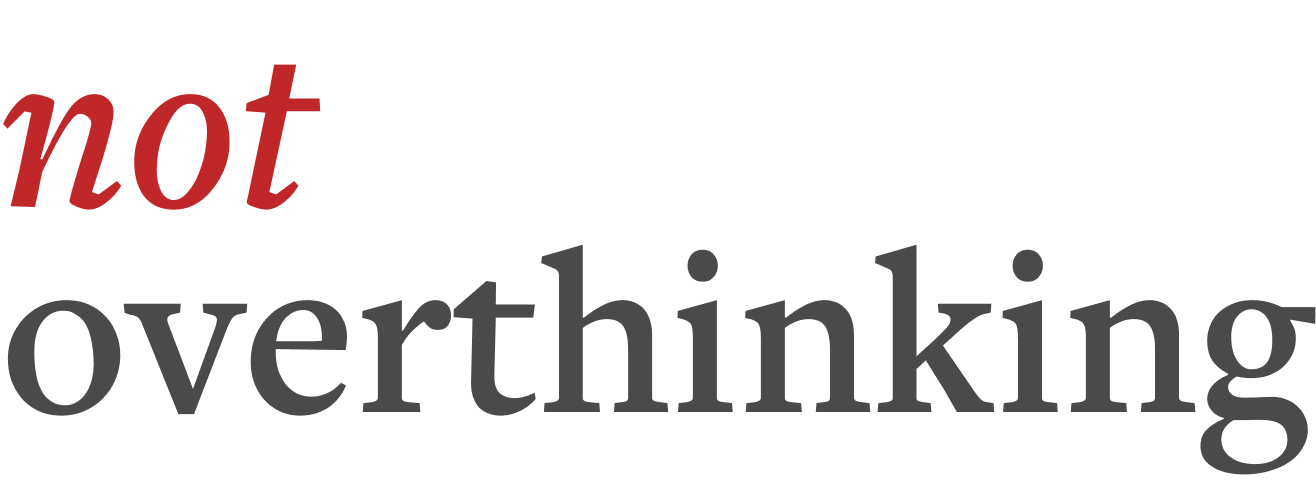68 Bits of Unsolicited Advice - Part 2

Below are some of the lessons that we looked at this week and the points that we discussed around them:
The purpose of a habit is to remove that action from self-negotiation. You no longer expend energy deciding whether to do it. You just do it. Good habits can range from telling the truth, to flossing.
The main point of habit creation is that to build a habit it needs to become part of your identity – habit change all folds into identity change. When it becomes part of your identity, habits cease to become an action of self-negotiation because it’s part of who you are. We need willpower, motivation and discipline to do things that aren’t habitual but once they become part of our identity the expended energy decreases.
Promptness is a sign of respect.
Whilst promptness is a sign of respect, the concept of promptness varies between cultures. Being on time in the Japanese public transport system, for instance, varies to what being on time means for meeting up with friends in the UK which varies again to what it means in Malawi.
When you are young spend at least 6 months to one year living as poor as you can, owning as little as you possibly can, eating beans and rice in a tiny room or tent, to experience what your “worst” lifestyle might be. That way any time you have to risk something in the future you won’t be afraid of the worst case scenario.
Trust me: There is no “them”.
There is a famous Steve Jobs quote “Never forget that everything around you was created by people no more smarter than you”. It’s easy for us to fall into the trap of thinking – this isn’t the sort of thing I can do, this is the sort of thing other people can do - when in reality, this mindset is self-defeating.
On a separate note, people also can have a preconception that other people are substantially different to them in their thought patterns – for example, one of the widespread fears that Ali encounters from those who ask him for advice about starting a YouTube channel, is a concern over what their peers will think or how they will judge them for it. When pressed if they would judge someone else in their peer group if that other person started a channel, they usually say of course not which reveals a dissonance between what we think others will think and the reality.
The more you are interested in others, the more interesting they find you. To be interesting, be interested.
This is one of the more debatable framings from the list. Taimur strongly disagrees with the statement – for him, to think of being interesting as a goal is not helpful. You should do things that interest you rather than what other people find interesting and the goal should never be to do with ‘I want to be perceived in this particular way’. However, Ali argues that being interesting can be a way of adding value that we can actively work on and therefore shouldn’t necessarily be seen through a prism of negativity.
Sponsored by Brilliant
This episode is kindly supported by Brilliant, the best way to learn maths, science, and computer science online. Brilliant focuses on helping you learn how to think, rather than just memorising methods and facts. Sign up at https://brilliant.org/notoverthinking — the first 100 people get 20% off an annual subscription.
Become a Not Overthinker
We've got a fun little members-only community where we have a private Slack channel, and host weekly (ish) Zoom hangouts. Click here if you fancy joining.
Leave us a Review
If you enjoy listening to the podcast, we'd love for you to leave us a review on iTunes / Apple Podcasts. Here's a link that works even if you're not on an iPhone :)
Send us an Audio Message
We really want to include more listener comments and questions in our episodes. If you've got any thoughts on this episode, or if you've got a conundrum or question you'd like us to discuss, send an audio file / voice note to [email protected].
- For any non-audio comments, please comment on our YouTube channel.
- Alternatively, feel free to drop us a tweet or DM on Twitter - https://twitter.com/noverthinking.



